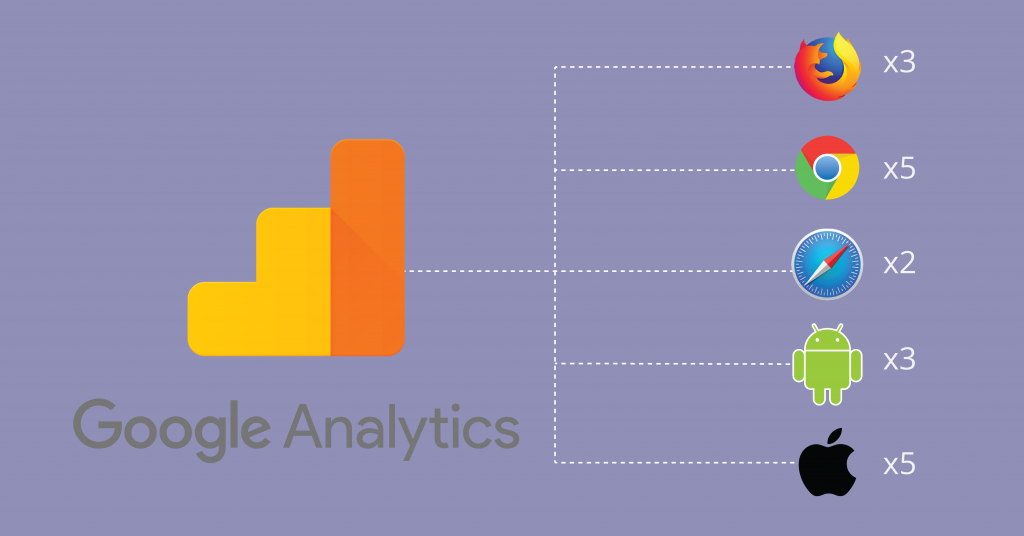Index Surge: Amplifying Your Insights
Stay updated with the latest trends and news across various industries.
Google Analytics: Your Unofficial Treasure Map to Digital Success
Unlock the secrets of digital success with Google Analytics! Discover tips, tricks, and insights that will turn your data into treasure!
Unlocking the Secrets of Google Analytics: A Beginner's Guide
Google Analytics is a powerful tool that enables website owners to track and analyze critical data about their visitors. For beginners, understanding how to navigate this platform can seem daunting, but with the right approach, it becomes manageable. Start by familiarizing yourself with the dashboard, where you'll find key metrics such as sessions, users, and pageviews. These metrics provide insights into how your audience interacts with your content. Don't forget to set up goals and conversions, which are essential for measuring the effectiveness of your marketing strategies.
As you dive deeper into the world of Google Analytics, here are a few tips to enhance your analysis:
- Utilize segments to break down your audience by demographics or behavior.
- Explore the real-time reporting feature to monitor visitor activity as it happens.
- Implement event tracking to understand how users are interacting with specific elements on your site.

5 Essential Google Analytics Metrics Every Marketer Should Track
In the world of digital marketing, tracking the right metrics is crucial for optimizing your campaigns. Among the plethora of data available in Google Analytics, understanding the essential metrics can significantly impact your marketing strategy. Here are five vital Google Analytics metrics that every marketer should keep an eye on:
- Sessions: This metric indicates the total number of visits to your site. Monitoring sessions helps you understand user engagement and the effectiveness of your marketing efforts.
- Bounce Rate: This percentage represents the number of visitors who leave your site after viewing only one page. A high bounce rate could indicate that your content or user experience needs improvement.
- Average Session Duration: This metric shows how long users spend on your site during a session. A longer duration typically suggests that visitors find your content relevant and engaging.
- Conversion Rate: This key performance indicator reveals the percentage of visitors who complete a desired action, such as making a purchase or signing up for a newsletter. Tracking this metric helps you assess the effectiveness of your conversion strategies.
- Traffic Sources: Understanding where your visitors are coming from—whether organic search, social media, or referrals—is critical for optimizing your marketing efforts. Analyzing traffic sources allows you to allocate resources more effectively.
How to Use Google Analytics to Enhance Your Digital Marketing Strategy
Utilizing Google Analytics effectively can significantly enhance your digital marketing strategy. To start, you should first set up your account and link it to your website. Once configured, you can analyze user behavior and traffic sources, which provides vital insights into how visitors are engaging with your content. Pay close attention to metrics such as bounce rate, session duration, and user demographics. These metrics allow you to identify which marketing channels are driving the most relevant traffic and help refine your targeting strategies.
Furthermore, Google Analytics offers advanced features like goal tracking and conversion tracking. By defining specific goals, such as newsletter sign-ups or product purchases, you can monitor how effectively your website achieves these objectives. Moreover, by utilizing the Attribution Model feature, you can understand which touchpoints contribute most to conversions. Regularly reviewing these insights can lead to data-driven decisions that enhance your campaigns, ultimately maximizing your return on investment (ROI) in your digital marketing efforts.